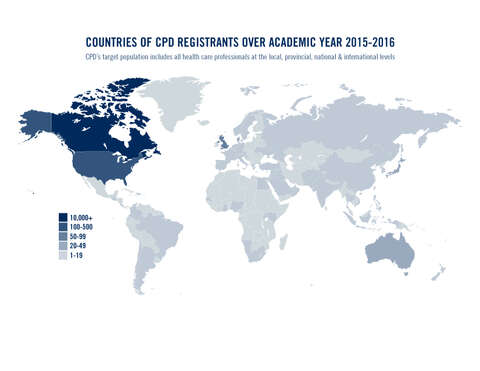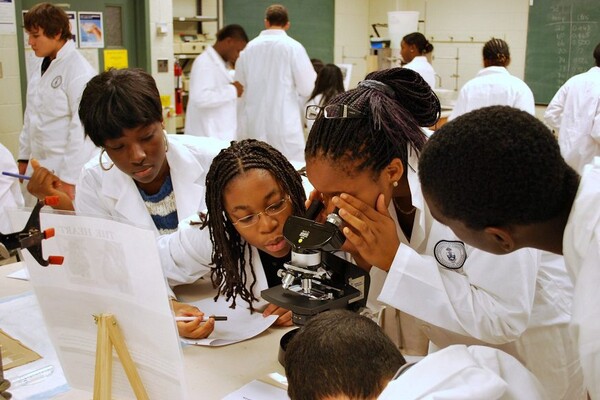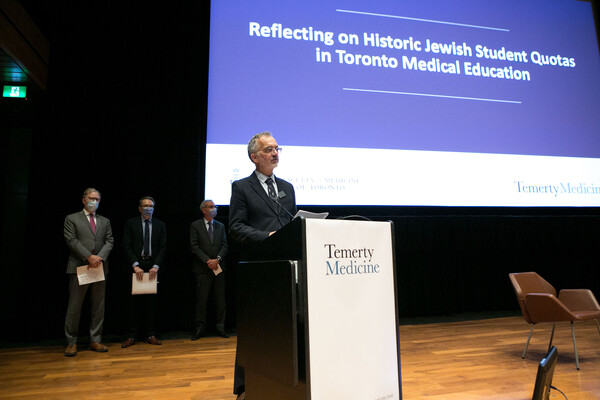Mobile Menu
- Education
- Research
-
Students
- High School Outreach
- Undergraduate & Beyond: Community of Support
- Current Students
- Faculty & Staff
- Alumni
- News & Events
- Giving
- About
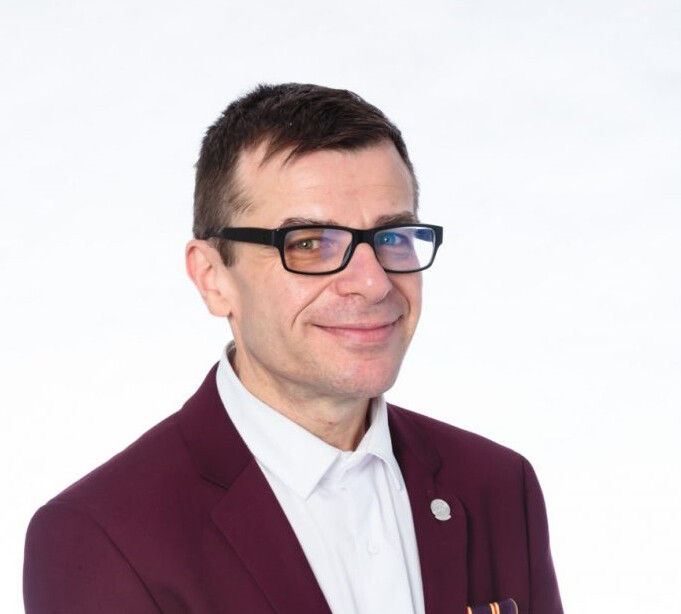
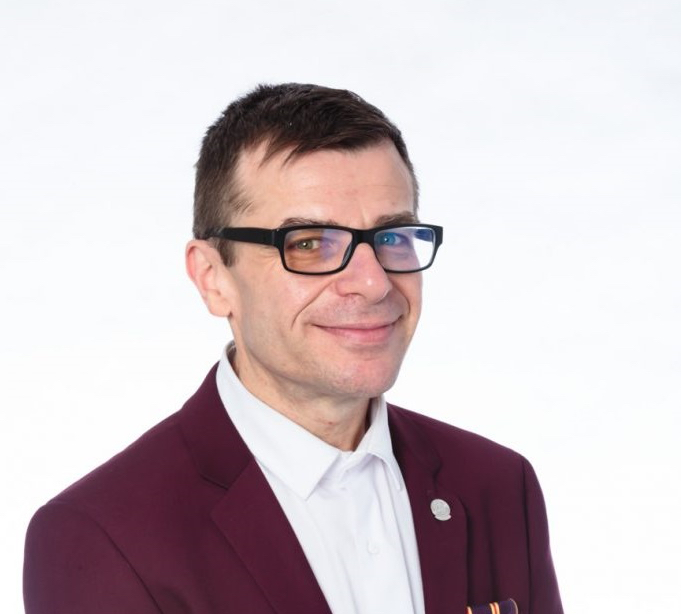 It’s no secret that international engagement is an important priority for the University of Toronto. The calibre and breadth of our research enterprise, coupled with the culturally diverse region we call home, fuels our global reach. International partnerships, learning abroad opportunities and regional engagement strategies are just some of the ways we take U of T to the world. But, to fully achieve the global leadership of which we are capable — and regularly demonstrate — we also need to find ways to welcome the world to Toronto. Post MD Education offers a unique gateway through which we can engage and train international colleagues, thereby extending our reach while delivering unique opportunities for our local learners to gain international insights.
It’s no secret that international engagement is an important priority for the University of Toronto. The calibre and breadth of our research enterprise, coupled with the culturally diverse region we call home, fuels our global reach. International partnerships, learning abroad opportunities and regional engagement strategies are just some of the ways we take U of T to the world. But, to fully achieve the global leadership of which we are capable — and regularly demonstrate — we also need to find ways to welcome the world to Toronto. Post MD Education offers a unique gateway through which we can engage and train international colleagues, thereby extending our reach while delivering unique opportunities for our local learners to gain international insights.
An important way in which we engage the world is through fellowship training. In 2018-19, we welcomed more than 730 fellows from 81 different countries, including Saudi Arabia, Israel, India, United Kingdom, Ireland, Australia, United States, Brazil, Japan and Spain. This represents 60 per cent of all our fellows. The reasons that bring them to Toronto are many. We offer more than 400 fellowships annually in highly specialized areas such as Hip and Knee Arthroplasty, Advanced Genetics & Genomics, Mood Disorders, and Pediatric Lupus. These are overseen by nearly 70 fellowship program directors and supervised by hundreds of faculty members in our affiliated teaching hospitals. And, through the Toronto Academic Health Sciences Network, we’re at the centre of a vast network of medical researchers and clinicians that are driving discovery and improved care. Many of our graduates return to their countries, advance care and take on leadership roles. Relationships cultivated in Toronto often last entire careers.
We are also engaging colleagues from around the world through our Continuing Professional Development (CPD) program. In a typical year, about 10 per cent of people who enroll in CPD programs come from outside Canada. In areas like Interprofessional Education, Otolaryngology – Head and Neck Surgery, and Psychiatry, international enrolment exceeded 25 per cent. They are drawn by our wide array of our programs and conferences, which are led by outstanding medical educators. In 2017-18, CPD delivered 385 programs and conferences.
But more than just providing training to physicians from abroad, we also foster a vision that supports the socially responsible training of all physicians. Our Office of Global Health offers a two-year certificate program, the Global Health Education Initiative, for residents and fellows to learn how expressions of health and illness are influenced by underlying determinants. The aim is to provide local training that results in global impact. We also host a variety of events, including the annual Global Health Day and the Global Health Research Showcase, which raise awareness about important topics in global health. We partner with OISE/UT and University of Toronto Schools to offer the Global Health Mini-Masters, which begins later this month. It allows middle and high school students to understand critical health challenges facing our world’s people and environment.
By welcoming international learners and providing all learners with global health training and events, Post MD Education is ensuring we have an impact on the practice of medicine around the world.
Salvatore Spadafora
Professor, Department of Anesthesia
Vice Dean, Post MD Education
